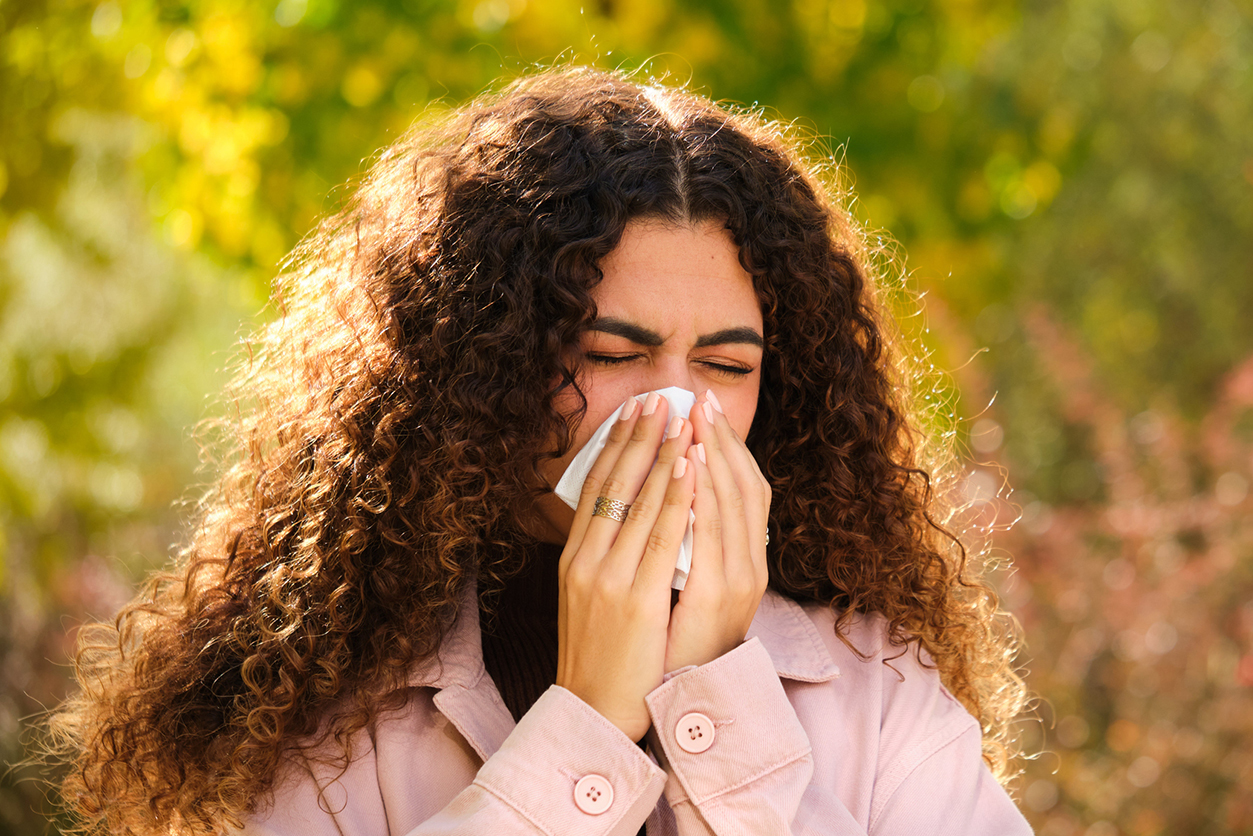Spring is here, and for many of us that means blooming flowers, warmer weather—and unfortunately seasonal allergies. If you suffer from sneezing, congestion, or itchy eyes, you’re not alone. But did you know that allergies can also impact your oral health?
At Bassett Creek Dental, we often see patients experiencing tooth sensitivity, dry mouth, and other dental concerns during allergy season. Let’s take a closer look at how allergies affect your smile—and what you can do to protect it.
How Allergies Impact Oral Health
1. Dry Mouth (Xerostomia)
Spring allergies often come with nasal congestion, which forces many people to breathe through their mouth. This can lead to dry mouth, a condition where there’s not enough saliva to keep your mouth moist.
Why It Matters:
- Saliva helps wash away bacteria and food particles.
- A dry mouth creates the perfect environment for cavities and bad breath.
- It can also make your mouth feel sticky, sore, or irritated.
What You Can Do:
- Stay hydrated—drink plenty of water.
- Use sugar-free lozenges or gum to boost saliva production.
- Try a humidifier at night to add moisture to the air.
- Consider an alcohol-free mouthwash designed for dry mouth.
2. Tooth Pain and Sinus Pressure
Ever noticed a toothache during allergy season? That’s because your sinuses are located just above your upper molars. When allergies cause sinus inflammation, it creates pressure in the sinus cavities, which can feel like a toothache in your upper back teeth.
How to Tell If It’s Allergy-Related:
- The pain is worse when you tilt your head forward.
- Your symptoms come and go with allergy flare-ups.
- You feel congested or have sinus headaches.
What You Can Do:
- Use a saline rinse or nasal spray to reduce congestion.
- Take an antihistamine or allergy medication (per your doctor’s advice).
- Drink warm liquids like tea or broth to help relieve sinus pressure.
If pain persists, schedule a dental exam to rule out tooth decay or infection.
3. Increased Risk of Cavities and Gum Irritation
Post-nasal drip can lead to bacteria buildup in your mouth, increasing the risk of cavities and gum inflammation. If you’re taking antihistamines, they may also reduce saliva flow, which can further contribute to tooth decay.
Protect Your Smile:
- Brush twice a day and floss daily to remove bacteria.
- Rinse with water or mouthwash after taking allergy medication.
- Avoid sugary drinks that can make dry mouth worse.
Keep Your Smile Healthy This Allergy Season
Seasonal allergies may be unavoidable, but they don’t have to take a toll on your teeth! If you’re experiencing tooth sensitivity, dry mouth, or allergy-related pain, let us help.
Schedule an appointment today, and let’s keep your smile feeling great—even during allergy season!


